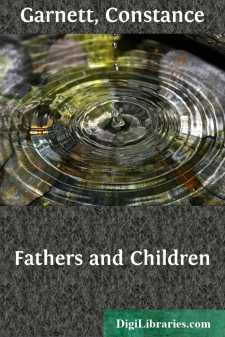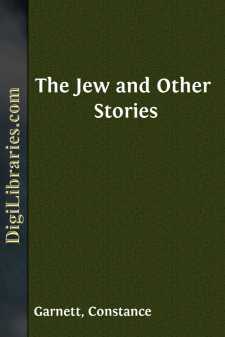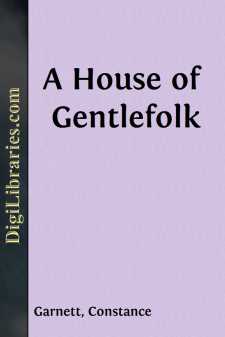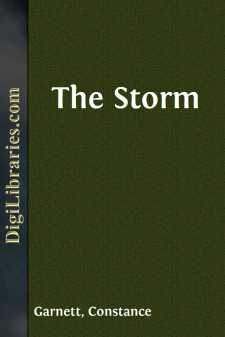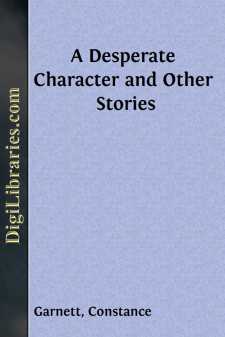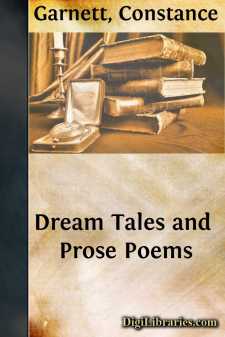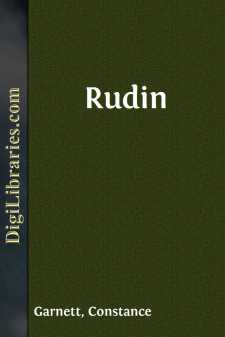Categories
- Antiques & Collectibles 13
- Architecture 36
- Art 48
- Bibles 22
- Biography & Autobiography 813
- Body, Mind & Spirit 142
- Business & Economics 28
- Children's Books 17
- Children's Fiction 14
- Computers 4
- Cooking 94
- Crafts & Hobbies 4
- Drama 346
- Education 46
- Family & Relationships 57
- Fiction 11829
- Games 19
- Gardening 17
- Health & Fitness 34
- History 1377
- House & Home 1
- Humor 147
- Juvenile Fiction 1873
- Juvenile Nonfiction 202
- Language Arts & Disciplines 88
- Law 16
- Literary Collections 686
- Literary Criticism 179
- Mathematics 13
- Medical 41
- Music 40
- Nature 179
- Non-Classifiable 1768
- Performing Arts 7
- Periodicals 1453
- Philosophy 64
- Photography 2
- Poetry 896
- Political Science 203
- Psychology 42
- Reference 154
- Religion 513
- Science 126
- Self-Help 84
- Social Science 81
- Sports & Recreation 34
- Study Aids 3
- Technology & Engineering 59
- Transportation 23
- Travel 463
- True Crime 29
Knock, Knock, Knock and Other Stories
Description:
Excerpt
A STUDY
I
We all settled down in a circle and our good friend Alexandr
Vassilyevitch Ridel (his surname was German but he was Russian to the
marrow of his bones) began as follows:
I am going to tell you a story, friends, of something that happened to
me in the 'thirties ... forty years ago as you see. I will be
brief--and don't you interrupt me.
I was living at the time in Petersburg and had only just left the
University. My brother was a lieutenant in the horse-guard artillery.
His battery was stationed at Krasnoe Selo--it was summer time. My
brother lodged not at Krasnoe Selo itself but in one of the
neighbouring villages; I stayed with him more than once and made the
acquaintance of all his comrades. He was living in a fairly decent
cottage, together with another officer of his battery, whose name was
Ilya Stepanitch Tyeglev. I became particularly friendly with him.
Marlinsky is out of date now--no one reads him--and even his name is
jeered at; but in the 'thirties his fame was above everyone's--and in
the opinion of the young people of the day Pushkin could not hold
candle to him. He not only enjoyed the reputation of being the
foremost Russian writer; but--something much more difficult and more
rarely met with--he did to some extent leave his mark on his
generation. One came across heroes à la Marlinsky everywhere,
especially in the provinces and especially among infantry and
artillery men; they talked and corresponded in his language; behaved
with gloomy reserve in society--"with tempest in the soul and flame in
the blood" like Lieutenant Byelosov in the "Frigate Hope."
Women's hearts were "devoured" by them. The adjective applied to them
in those days was "fatal." The type, as we all know, survived for many
years, to the days of Petchorin. [Footnote: The leading character in
Lermontov's A Hero of Our Time.--Translator's Note.] All
sorts of elements were mingled in that type. Byronism, romanticism,
reminiscences of the French Revolution, of the Dekabrists--and the
worship of Napoleon; faith in destiny, in one's star, in strength of
will; pose and fine phrases--and a miserable sense of the emptiness of
life; uneasy pangs of petty vanity--and genuine strength and daring;
generous impulses--and defective education, ignorance; aristocratic
airs--and delight in trivial foppery.... But enough of these general
reflections. I promised to tell you the story.
II
Lieutenant Tyeglev belonged precisely to the class of those "fatal"
individuals, though he did not possess the exterior commonly
associated with them; he was not, for instance, in the least like
Lermontov's "fatalist." He was a man of medium height, fairly solid
and round-shouldered, with fair, almost white eyebrows and eyelashes;
he had a round, fresh, rosy-cheeked face, a turn-up nose, a low
forehead with the hair growing thick over the temples, and full,
well-shaped, always immobile lips: he never laughed, never even smiled.
Only when he was tired and out of heart he showed his square teeth,
white as sugar....




